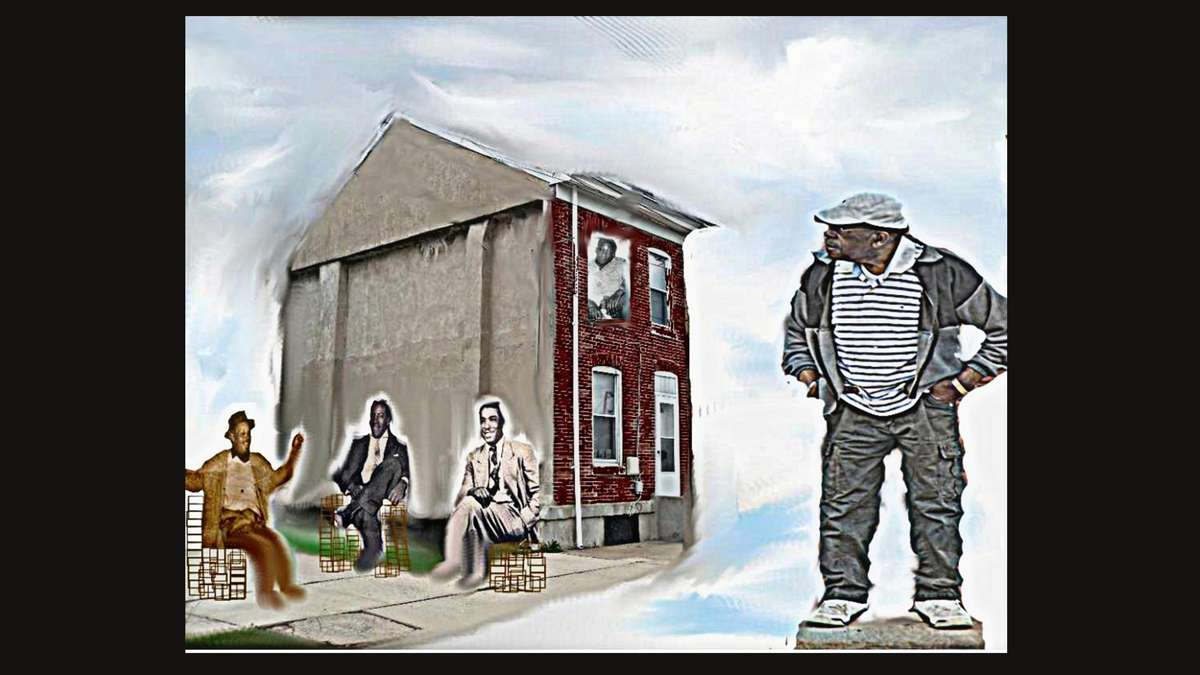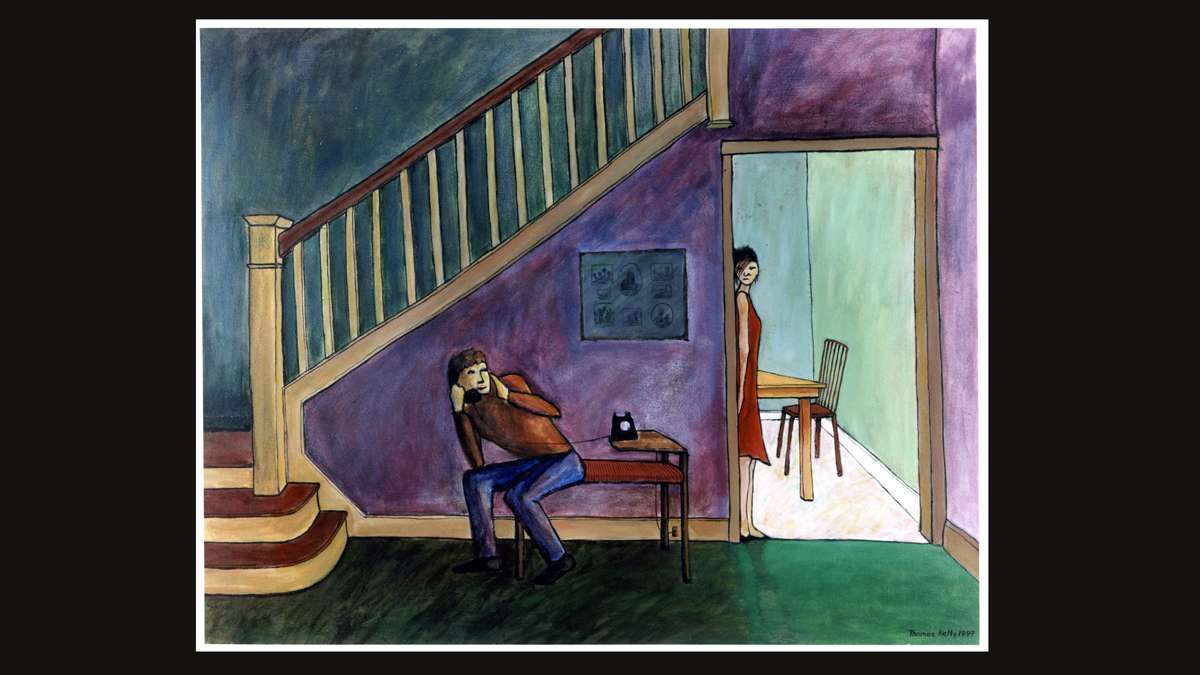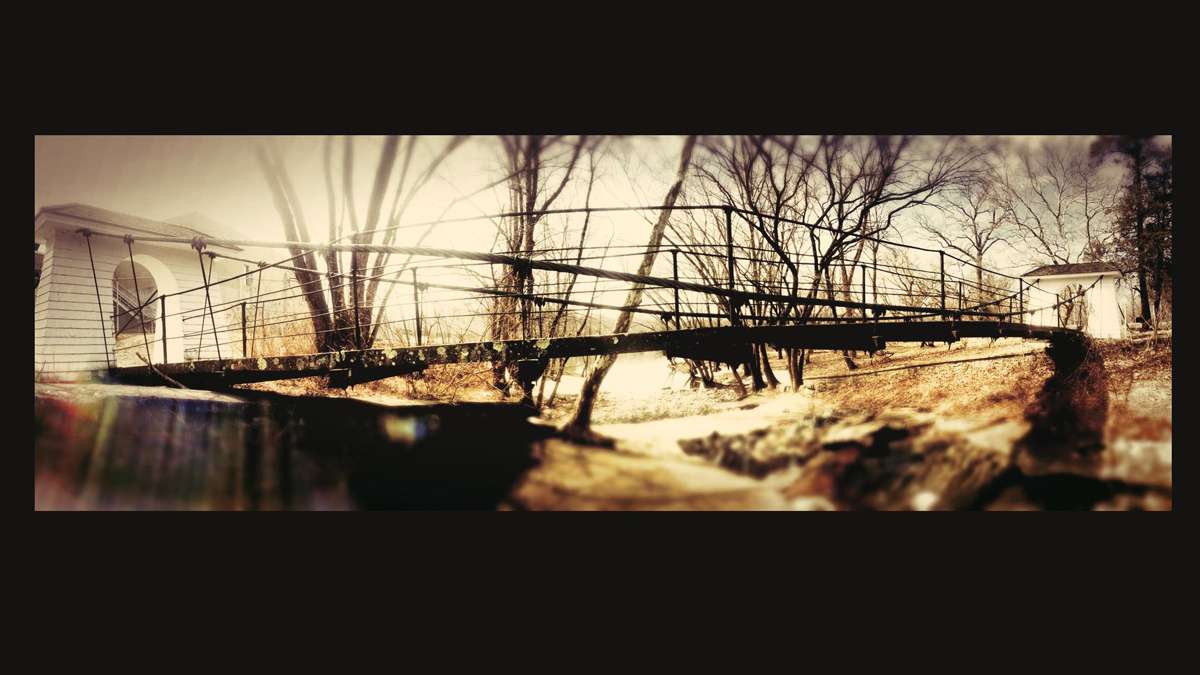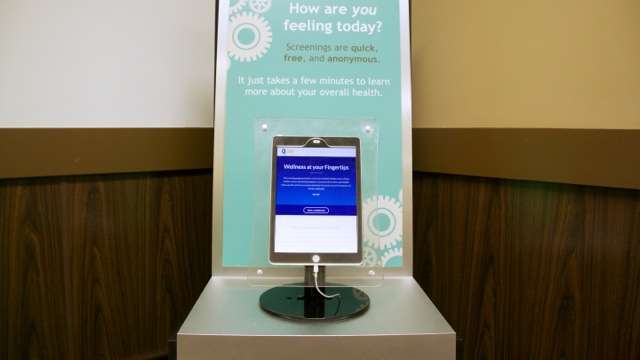Clinic in Philly supermarket offers first in-store mental health screening in U.S.
ListenThe supermarket already has a health clinic, but now — right next to the automatic blood pressure cuff — there’s a kiosk that provides mental health screening. The Bakers Centre ShopRite on Fox Street is now home to the first mental health screening in a retail setting.
The screening comes in the form of an iPad-proctored questionnaire, and it starts off with a basic question.
“So it’s going to ask you how you’re feeling today,” said Dr. Samantha Matlin, senior adviser of health promotion at the Philadelphia Department of Behavioral Health and Intellectual DisAbilities Services (DBHIDS).
Based on how you respond to the first question, “it will ask you a few questions about yourself and how you’re feeling,” said Matlin. In less than a minute, the screening gives you feedback on responses — and a list of resources for mental health care based on your needs. Any shopper can tap their answers into the screen – anonymously.
Matlin stresses that the screening is an educational and awareness-raising tool, not a replacement for seeing a doctor. “‘Do a check up from the neck up,’ is what we say. This is really a tool not to diagnose, but a screening like a blood-pressure screener.”
‘People see it as a sign of quality care’
The kiosk is the brainchild of two Drexel Public Health graduate students, Gregory Caplan and Teresa Moore. Caplan and Moore partnered with the Scattergood Foundation to fund a contest to pick the best retail-based mental health intervention, and the cost of implementing it.
In April, the winner was announced – a partnership between DBHIDS and Screening for Mental Health, a Massachusetts-based nonprofit that created the software behind the screening.
While the screening has been available for a few weeks, the program officially launches Tuesday. In the meantime, staff members have started using what they’ve learned.
Hakim Pitts, an outreach and enrollment specialist at the Qcare – the federally qualified health clinic located in the ShopRite — counsels customers on their insurance options. He’s also had training to use the mental health kiosk.
“The day after my training, we had a mental-health crisis here, and I knew what to say, how to say it, who to access,” said Pitts. “It was really helpful.”
Pitts and other outreach workers at the site also trained in mental health first aid, a nationally recognized intervention and awareness program promoted by DBHIDS.
Matlin and the creators hope that the service will also help normalize mental health care and reduce stigma.
“What we’ve found in primary care is that, for the most part, people are really appreciative of being asked. They see it as a sign of quality care,” said Adam Brooks, a researcher the Treatment Research Institute.
Bringing resources to where people already are really helps catch problems such as addiction early, he said.
With 10,000 weekly shoppers, the grocery store intervention has a lot of potential to reach the public, but as of yet the kiosk is not well advertised within the store. Matlin says they may do promotions in the check-out aisles to make sure customers know it’s there.
For the retail screening to work, clients must be able to access clinical care and counseling. On a related note, today the Department of Health and Human Services announced $54.6 million in grants for health centers across the nation to begin or expand behavioral health services.
In Pennsylvania, this means seven providers – including the Public Health Management Corporation and Esperanza Health Center, Inc. – will get $250,000 each. “These awards will further reduce the barriers that too often prevent Pennsylvanians from getting the help they need for mental health problems,” said Pennsylvania Health and Human Services Secretary Sylvia Burwell.
The DBHIDS screening tool is available on the Department of Behavioral Health’s website.
This disclosure, the Scattergood Foundation supports programming on WHYY.
WHYY is your source for fact-based, in-depth journalism and information. As a nonprofit organization, we rely on financial support from readers like you. Please give today.












